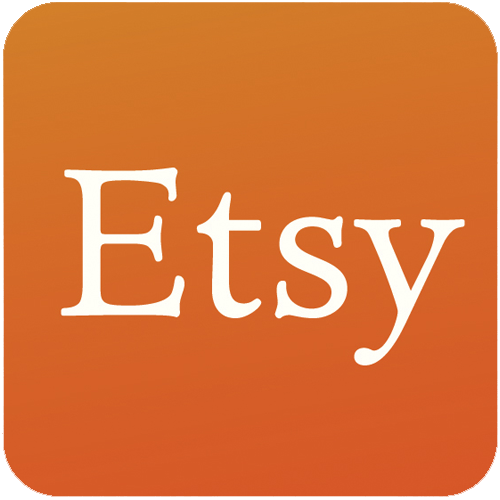How We Doubled Revenue YoY And Just Hit $200K MRR
This is a follow up story for Engravers Guild. If you're interested in reading how they got started, published over 7 years ago, check it out here.
Hello again! Remind us who you are and what business you started.
Hi, I’m Elliot, the founder of Engravers Guild of London. I’m a repeat offender on Starter Story and have pretty much charted my entire business journey each year since our launch in 2017. You can find the previous contribution here.
To distill those articles…we’re a personalized gifts business with ambitions to be a leading destination in the UK for beautiful gifts. We sell everything from personalized gin glasses to personalized wallets, with our expert engravers giving everything a personal touch.
I launched the business in my parents’ dining room with a Windows ‘95 engraving machine, and have been working to grow the business ever since.
Today, we’re a full-time team of eight, with various freelancers and agencies supporting our operation as well. We’ve managed to almost...














































